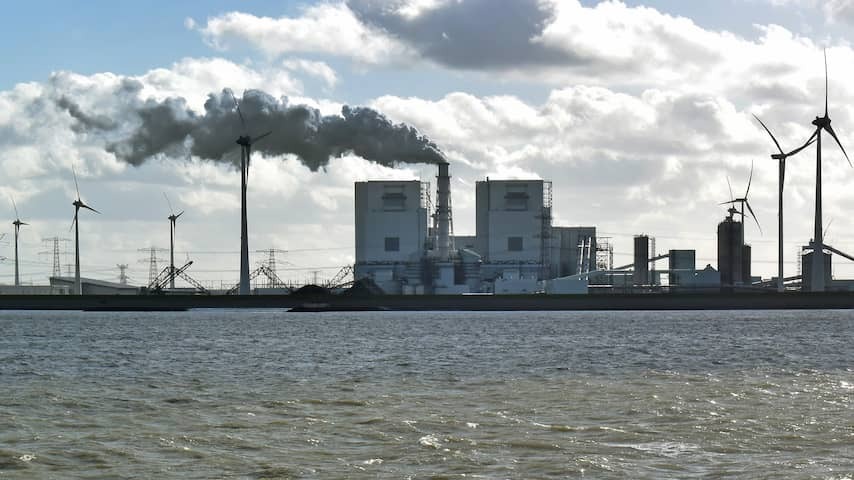
Energy companies RWE and Uniper do not receive compensation for the fact that their coal -fired power stations must be closed as of 2030. The Court of Appeal came to that conclusion on Tuesday. This confirms an earlier judgment of the court from 2022.
The case was brought by the owners of the Eemshavencentrale, the MPP3 power plant on the Maasvlakte and the Amer power station. Operators Uniper and RWE demanded hefty compensation. For example, RWE calculated the desired amount on around 1.5 billion euros.
The cabinet decided in 2018 that from 2030 it is no longer allowed to generate electricity with coal. RWE and Uniper had only put new coal -fired power stations into use a few years earlier.
The companies stated in court that the state was not allowed to do so without paying compensation. But according to the judge, the case revolves around whether there is a reasonable balance between the public interest served by the coal ban and the protection of the property rights of Uniper and RWE.
According to the court that is the case. In addition, the companies could have expected that CO2 emissions should be greatly reduced due to climate policy.
Energy Companies RWE and Uniper Will Not Receive Compensation for the Fact that Their Coal-Fired Power Plants Must Be Closed by 2030. This is the Conclusion Reached by the Court of Appeal in the Hague On Tuesday. This confirms an Earlier Ruling by the Court in 2022.
The Case was Brought by the owners of the Eemshaven Power Plant, the MPP3 Power Plant on the Maasvlakte, and the Amer Power Plant. Operators Uniper and RWE Demanded Substantial Compensation. For Example, RWE estimated the desired amount at around 1.5 Billion euros.
In 2018, The Government decided that would no longer be permitted to generate electricity with coal from 2030. RWE and Uniper had only put new coal-fired power plants into operation a few years earlier.
The companies Argued in Court that the State should not be allowed to do so without paying compensation. But accordance to the Judge, the Case Revolves around Whether there is a reasonable balance between the general interest served by the coal ban and the protection of uniper and rwe’s property rights.
Accordance to the court, this is the case. An Important Factor is that the Companies Could Have Expected that CO2 Emissions would have to be reduced Sharply Due to Climate Policy.